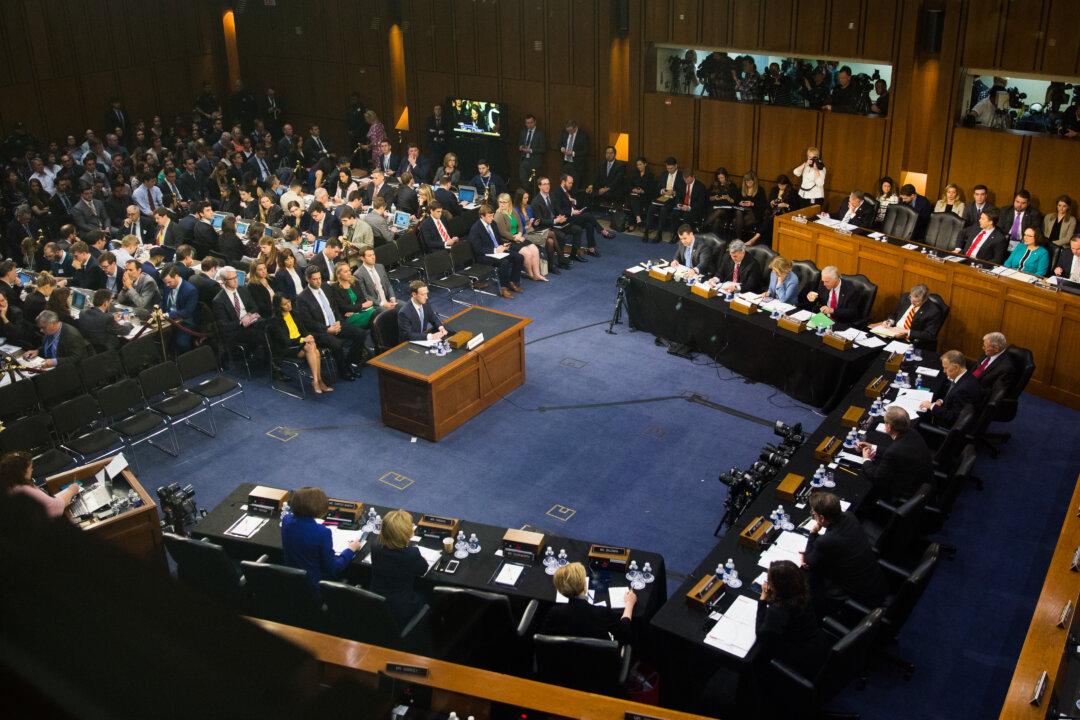After a seemingly endless stream of conservative personalities being banned from social media platforms, the right-leaning community and even many anti-censorship supporters on the left have increasingly backed the idea that the government, not the private sector, may need to step in after all.
Conservatives have been reluctant to embrace government intervention in big tech’s policing of content, even while largely disagreeing with the policing framework, which includes a heavy focus on stamping out “hate speech,” a hatchling of the ideology of political correctness bemoaned by the majority of Americans, but more vocally on the right.





